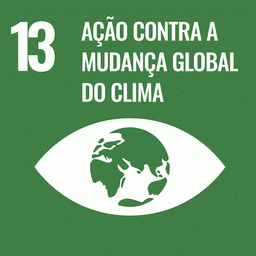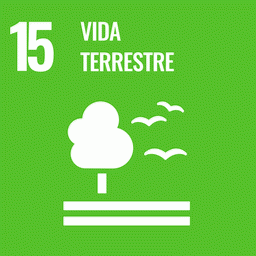Tropical ecosystems store over half of the world’s aboveground live carbon as biomass, and water availability plays a key role in its distribution. Although precipitation and temperature are shifting across the tropics, their effect on biomass and carbon storage remains uncertain. Here we use empirical relationships between climate and aboveground biomass content to show that the contraction of humid regions, and expansion of those with intense dry periods, results in substantial carbon loss from the neotropics. Under a low emission scenario (Representative Concentration Pathway 4.5) this could cause a net reduction of aboveground live carbon of ~14.4–23.9 PgC (6.8–12%) from 1950–2100. Under a high emissions scenario (Representative Concentration Pathway 8.5) net carbon losses could double across the tropics, to ~28.2–39.7 PgC (13.3–20.1%). The contraction of humid regions in South America accounts for ~40% of this change. Climate mitigation strategies could prevent half of the carbon losses and help maintain the natural tropical net carbon sink.
Apresentação – Indicação geográfica de produtos agropecuários – MAPA
Esta apresentação, sobre indicação geográfica de produtos agropecuários, faz parte do Módulo Laranja, chamado Diferenciação de Mercado, um dos sete temas que compõem o Programa CapGestão Amazônia, realizado pelo Consórcio Eco Consult e...

